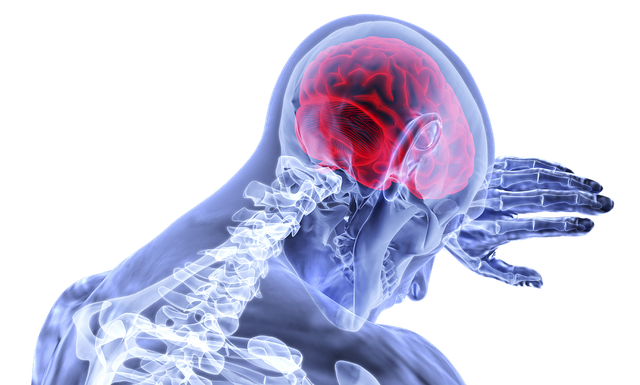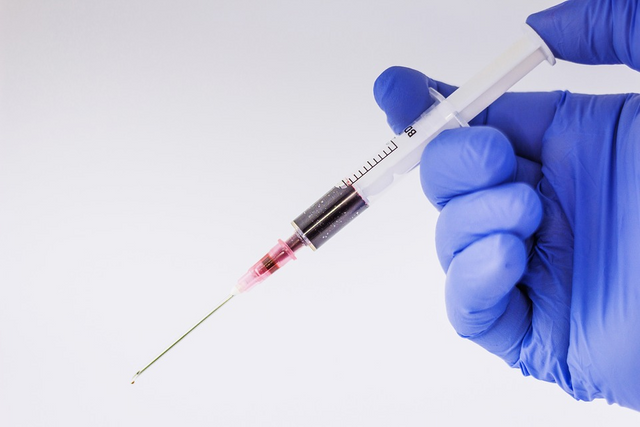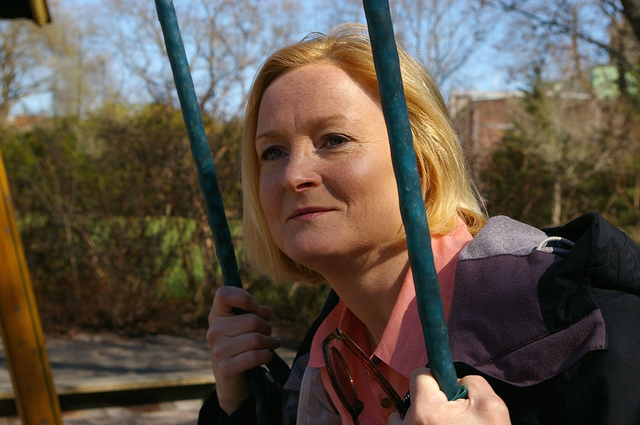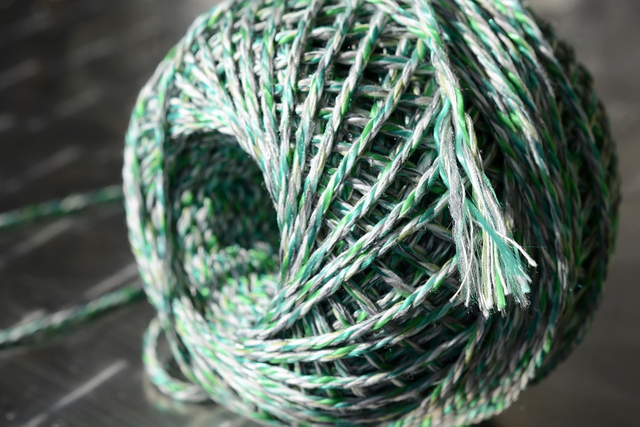[Review] Alzheimer's Prevention: An edge.org conversation with Lisa Mosconi
The edge.org web site provides a video and a transcript of an interview with Lisa Mosconi on the topic of Alzheimer's prevention. Mosconi has a dual PhD in neuroscience and nuclear medicine. She is the associate director of the Alzheimer’s Disease Prevention Clinic and the director of the Women’s Brain Initiative at Weill Cornell Medical College. This post summarizes some highlights from the discussion.
Introduction
In this article, A Conversation with Lisa Mosconi [2.11.19], Mosconi talks about how she got involved in Alzheimer's research after her grandmother and two great aunts suffered from Alzheimer's Disease. She became interested in Alzeheimer's because it is the most common cause of dementia, and because of her own family history. Her interest was enhanced when she learned that Alzheimer's affects more women than men in all of the countries for which we have data, so she has now launched the Women’s Brain Initiative at Weill Cornell Medical College, in order to focus on preventing Alzheimer's and dementia in women.
By way of background, Mosconi is the daughter of two nuclear physicists and says that this led to a non-conventional childhood, with early exposure to research techniques. It also contributed to her own interest in nuclear medicine. She was born in Italy, went to France for high school, and wound up in the United States at NYU and then Weill Cornell.
In the following sections, I'll summarize some of her discussion about the general state of prevention for Alzheimer's, and move on to how it applies to women in particular.

The general state of Alzheimer's prevention
Mosconi points out that once you have the disease, options are very limited. The brain is a very powerful organ, but for the most part it does not grow new neurons. We have what we are born with, and there are no therapies to change that basic fact. Since Alzheimer's kills the neurons, the best that can be done is to slow the loss. She says, however, that prevention techniques are a lot more powerful.
Unfortunately, she also says that there is not much funding available for prevention from most United States insurance plans. Her own organization is funded by the NIH, but this is an unusual opportunity for most people, so she is also interested in research towards stopping the disease after it is diagnosed, but before it is too late for the patient.
Until a few years ago, she says that people who talked about Alzheimer's prevention were treated like "quacks", but that a paper came out four years ago to change the landscape. It is now understood that at least a third of Alzheimer's risk factors are lifestyle related. And she goes on to say that it's only in the last year or two that it's been known that men and women should do different things to prevent Alzheimer's. She believes that eventually, everyone will be tested for increased Alzheimer's risk so that it can be avoided altogether. Right now, however, her clinic is only accepting patients who have indications of elevated risk due to family history or genetic testing.
She goes on to say that prevention programs are tailored to individual patients. An example she gave is that it might include things like dietary management for vitamin B shortages. In addition to her organization's individually tailored prevention programs, Mosconi says that high risk patients in her program receive brain scans twice a year to monitor for the disease.
The next section is the part that I found particularly fascinating. She points out that the risk factors for men are fairly well known, but that they're only beginning to understand the risk factors for women.

Alzheimer's prevention in women
When talking about women, it may be counter-intuitive, but one of the consistent themes that Mosconi keeps coming back to is the role that hormones play. We usually think of estrogen in the context of the ovaries, but she points out that there are feedback loops between the different organs and the rest of the body, so hormones affect the brain, too.
The really surprising thing to me was the change that she describes in the woman's brain around the time of menopause. She notes that - compared to men - before menopause, the energy level in a woman's brain is roughly the same. During menopause, however, the woman's brain energy level drops by 20% and after menopause it can be reduced by as much as 50%. She goes on to say that symptoms like hot flashes, night sweats, and depression all start in the brain, not the ovaries. And she also says that the accumulation of the plaques that cause Alzheimer's disease corresponds with the decline in brain energy levels. As a result, Alzheimer's in women usually begins in the late 40s or 50s.

Loose ends
In the course of the discussion, Mosconi also covers some open research questions. In particular, she asks about people with female DNA who use hormones to medically transition to male identities, and says that there is no solid research, so it is something that she'd like to look into.
She also points out that it is not understood why estrogen replacement therapy works for some women but not others during menopause. She thinks it's because we don't have a way to measure estrogen in the brain, so it is difficult to get the timing right. With funding from Maria Shriver, her team is now about half way through developing a way to monitor a tracer through brain scans in order to measure a brain's estrogen level, and hers will be the first brain that they scan.

Conclusion
As I have mentioned before, I enjoy reading many of the articles from edge.org. I am very disappointed that they are apparently discontinuing their annual question series, but as this conversation with Lisa Mosconi demonstrates, their other content is still informative and interesting. If you found this summary useful, I encourage you to go view the video or read the full transcript.

Thank you for your time and attention.
As a general rule, I up-vote comments that demonstrate "proof of reading".
Steve Palmer is an IT professional with three decades of professional experience in data communications and information systems. He holds a bachelor's degree in mathematics, a master's degree in computer science, and a master's degree in information systems and technology management. He has been awarded 3 US patents.
Steve is also a co-founder of the Steem's Best Classical Music Facebook page, and the @classical-music steemit curation account.





